Welcome! If it’s your first time here, you might want to sign up for my free monthly newsletter. Thank you! —>
| Audrey and Daniel climbing Mt. Kilamanjaro |
TRAVEL INTERVIEW WITH UNCORNERED MARKET
Audrey Scott and Daniel Noll of Uncornered Market have been traveling the world nomadically since 2006. But that’s not all: prior to that, they lived in Prague for several years. And before all that, they got married in Italy! They’re creating quite an unusual history for 2 American kids! I was excited to catch up with them to find out about their many international adventures. Today Audrey and Daniel talk about their lives in Prague, their recent trip through Bangladesh, and their traveling lifestyle…
Q1. You’re currently more than 4 years into a continuous round-the-world trip. Are you still just as enthusiastic, curious and raring to go? Not getting tired yet or feeling the desire to take a break? (assuming you’re still excited…) How do you maintain your enthusiasm?
We still are driven by curiosity about the world and it’s people — that’s what keeps us going — but we do move a little slower than when we first started out :) We now take breaks of a few months in various places around the world (e.g., Buenos Aires, Koh Samui, Berlin) to enjoy being still, catch up on work and recharge batteries so that when we are on the road we still have excitement and energy about the places we’re visiting.
Q2. Before you started your nomadic travels you were living/working in Prague, Czech Republic. How did you end up living there? What work did you do? How long did you live there?
After we got married in Italy in 2000 we traveled around Europe for several months and made a decision to move to Europe within a year. We returned to San Francisco so I could finish up graduate school and Dan could finish a few consulting gigs, but during that time we began networking in Central and Eastern Europe (non-EU countries at the time). We did a research trip to Europe in September/October 2001 where we interviewed for a few jobs, met expats and locals, and researched visa and other red tape. We chose Prague. About seven weeks later, we had sold our cars and arrived in Prague with six suitcases and no jobs. Within a few months, we both found jobs and ended up staying five years. Dan worked as a management consultant for several international companies while I managed tax and legal issues for journalist offices in former Soviet Union at RFE/RL. As you can see, the work we do now is quite different :)
Q3. Please tell us about Prague and working overseas as American expats.
When we first arrived in Prague in December 2006, we thought we would stay for two years. But, we had a great community of friends (international and local) and we were never bored for music, film or other activities. Also, Prague is situated in the middle of Europe, making it very easy to travel everywhere in Europe – quite addictive. Prague has a good mix of expats – not only do you have the traditional expat (someone sent to a location because of a job), but there’s a large number of foreigners living in Prague because they love the city and that’s what keeps them there as they juggle several jobs.
However, after five years we were ready for a change. We were curious about exploring the rest of the world and wanted to expand our skills professionally. It was time to move on.
Q4. How do you fund your travels? On your website you explain that you carefully saved and planned for your big trip, which you’d expected to last 1- 1 1/2 years. Did you really save enough money to continue traveling all this time? Or do you now earn money from freelance work and/or other means?
When we first started this trip, we figured we would travel for 12-18 months on our savings and that would be it. During our first month, a large freelance writing and photography project fell into our lap and we realized that if we could continue to piece together freelance work and travel cheaply we could travel more slowly and extend the life of the journey. Since then, we’ve pieced together income from various kinds of sources – photography, writing, web design, our own website, etc. – to help fund our travels. We definitely earned a lot more when we had traditional desk jobs, but life is a bit more interesting.
Q5. Do you get much financial support from your ‘donations’ button?
No, not very much. Every now and then we’ll get a $10 or $50 donation from someone who is inspired by our journey. We still really value these donations for what they mean – that a stranger cares enough about our journey to send money.
Q6. One question I always like to ask traveling couples is how they manage to travel together successfully 24/7/365. After all, besides the intensity of being together non-stop, traveling with a partner poses all sorts of potential issues including differences in pace of travel, interests, type of accommodation, comfort level, daily scheduling, and so on.
Are any of these issues for you guys? How do you deal with them successfully? Do you take solo time apart regularly, do some things separately ? Or can you really do everything together? How have you managed so successfully as a couple?
Traveling with your partner is definitely challenging, but having a spouse as a business partner takes things to a whole new level. This is why we joke on our Twitter profile that “we’re still going…and still married.”
The most important thing is to make sure that your values and goals are aligned, that both people share the same big picture. And to keep checking in that this hasn’t changed over time.
When we’re in travel mode, we’re with each other almost all the time. As we both have different personalities and strengths, we often get more out of the experience when we’re together as we each observe different things and engage with different people. We can discuss and compare observations, making the experience more fulfilling. And even if you’re physically with your partner all the time, you can still give each other mental space. We can sit next to each other and not talk for hours, each of us deep in our own thoughts, doing our own thing.
More thoughts on this topic: http://www.uncorneredmarket.com/2010/02/how-to-travel-the-world-together-without-killing-each-other/
Q7. What kind of accommodation do you like? Hostels, guest houses, hotels, couch surfing?
All of the above. It depends on where we are, how expensive the country is, what is available, and whether we have local contacts. Most of the time, we’ll stay in simple guest houses or we’ll stay in a double room in a hostel. If we’re going to be somewhere for a while, we’ll look for a short-term apartment rental.
Q8. You recently traveled extensively through Bangladesh, a country few western travelers venture to. Why did you chose Bangladesh? How long was your trip there?
We had visited other countries in South Asia and had heard stories about Bangladesh from other travelers; we were curious and wanted to see it for ourselves. We also have a friend living in Dhaka and figure that we should visit before he moved on. We visited for five and a half weeks.
Q9. What were your impressions? Is Bangladesh an easy or difficult place to travel? How so?
Some people want to put Bangladesh and India into the same basket, but they are very different places. The Bangladeshis go to India to relax. What makes Bangladesh both fantastic and intense is its people. There are 150 million of them in a space the size of Wisconsin – try to get your head around that (that’s about 3 times the population density of India). And they are a curious lot- as a traveler, you are constantly surrounded by people all day long who want to talk and be with you. Yet they are not trying to sell you things or beg – they just want to be with you.
Bangladesh has a decent transportation and accommodation infrastructure throughout the country, but it is often difficult to get information about travel related places and activities.This is partly related to language (not a lot of people speak English), but mostly because people are not accustomed to tourists – we saw a grand total of four tourists in over five weeks. This is one of the things that makes it such a great place to travel. So you need to have patience and a loose schedule.
Q10. Would you recommend the country to other travelers? Why or why not?
Yes, I would recommend Bangladesh to other travelers. But, make sure you don’t go with the expectation that Bangladesh is like India – the religion, culture, and aesthetic are all very different. Go with a flexible schedule and just enjoy the every day interactions and experiences. You’ll find yourself learning a lot along the way.
Q11. Where have you been since Bangladesh? What’s next?
We were rather exhausted after Bangladesh, so we spent some time in Bali resting and then went to Tanzania for almost three weeks where we climbed Mount Kilimanjaro, went on safari and visited Zanzibar. We’re currently taking a break in Berlin for the summer.
——————————————————————-
Audrey Scott
Co-founder, Uncornered Market

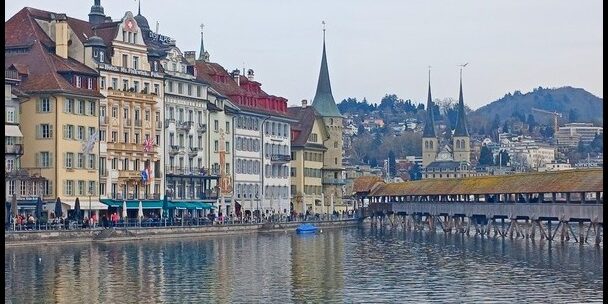
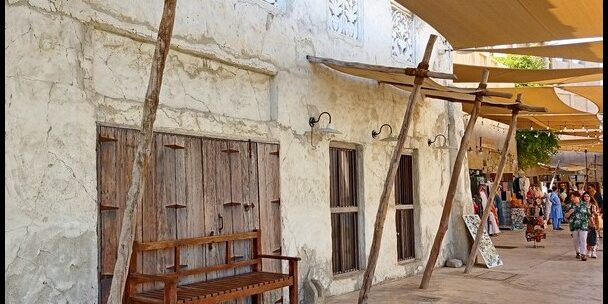
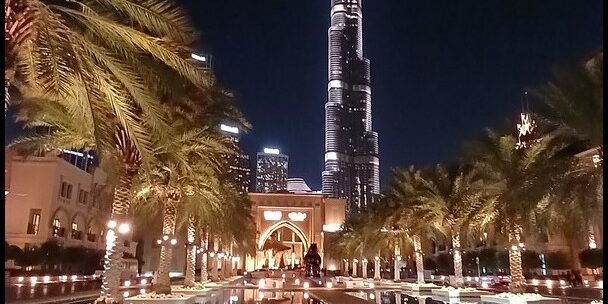
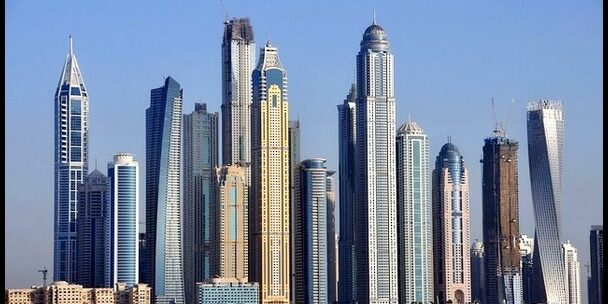


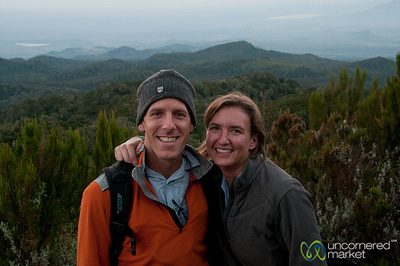
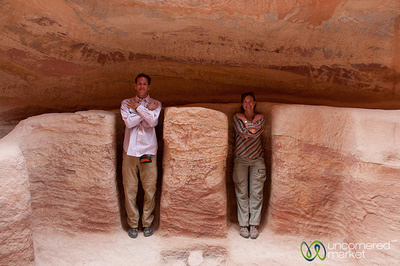
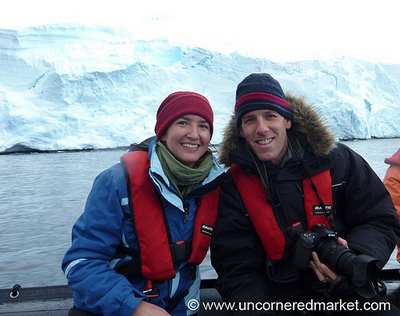
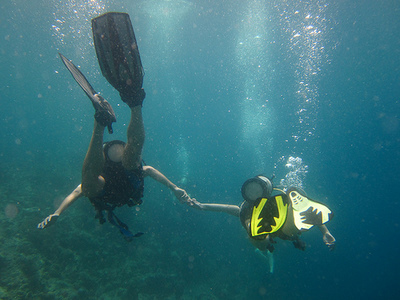
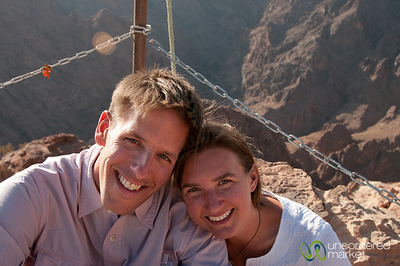
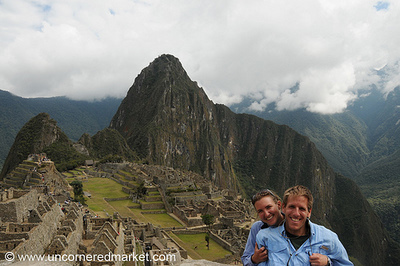
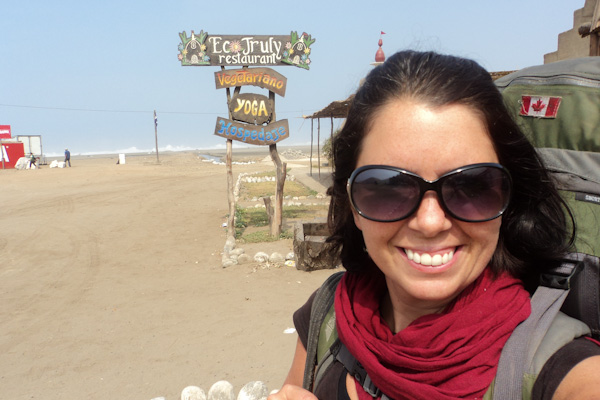
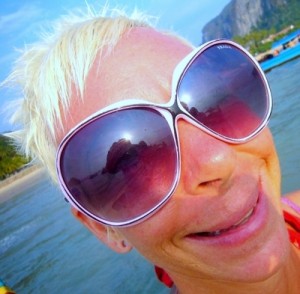
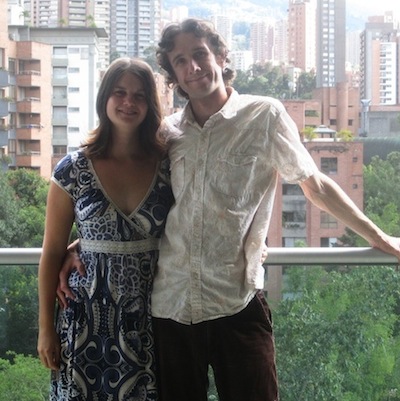
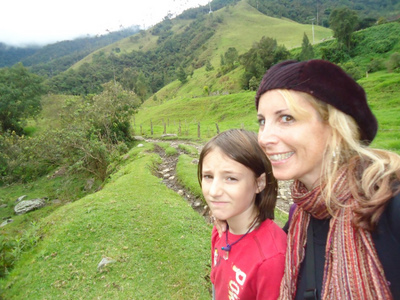

 Hi! I'm Lash, an American nomadic world traveler who's been traveling solo since 1998. I’m passionate about traveling the world nomadically and then sharing it all with you. I hope to inspire you to travel the world, to entertain you with tales from the road, and to help you reach your travel dreams. Welcome!
Hi! I'm Lash, an American nomadic world traveler who's been traveling solo since 1998. I’m passionate about traveling the world nomadically and then sharing it all with you. I hope to inspire you to travel the world, to entertain you with tales from the road, and to help you reach your travel dreams. Welcome! 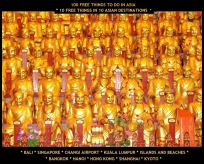


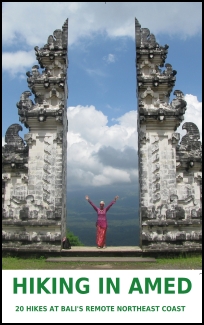
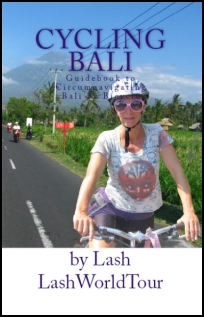
4 pings